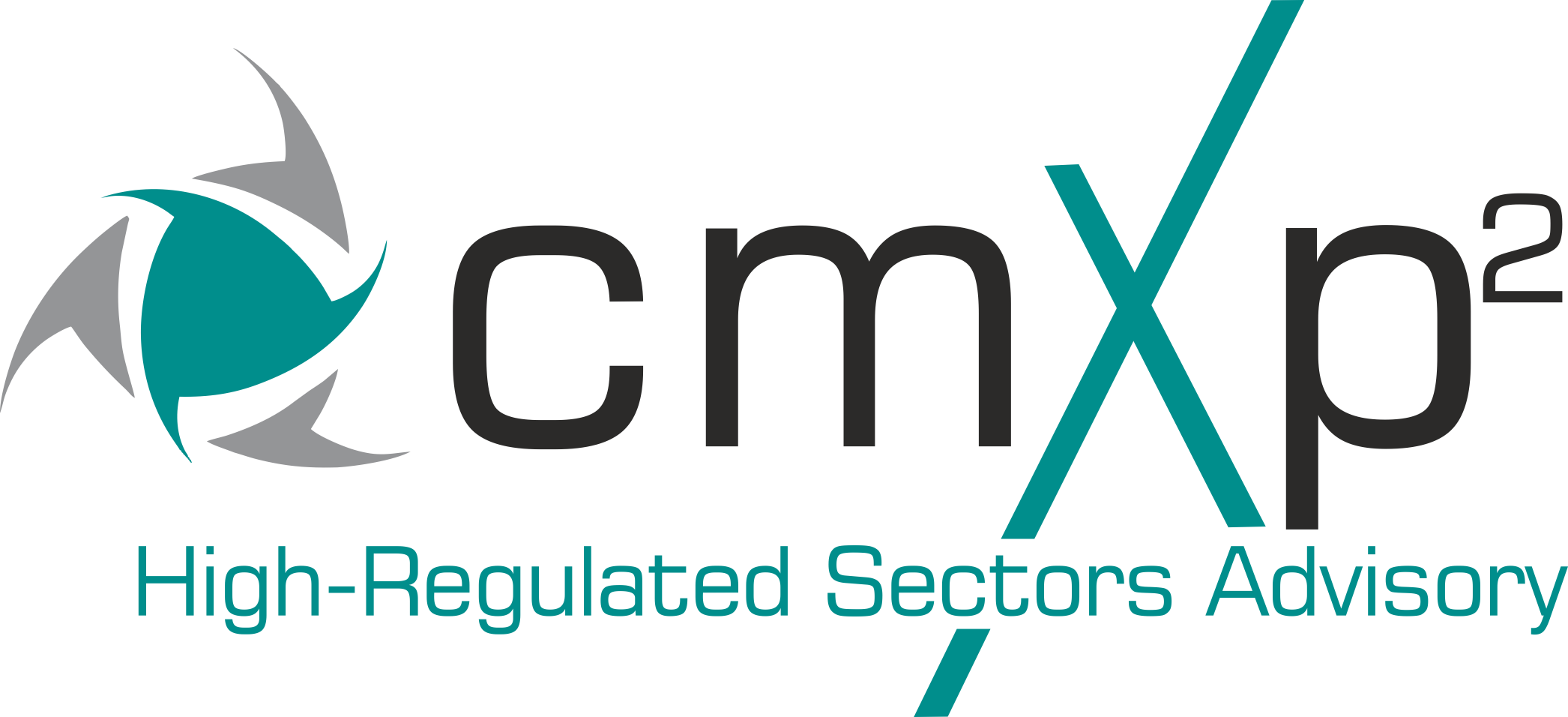Cross-Sector Services
To help clients achieve impact, we provide several critical business solutions – including insights and analytics; strategic marketing, messaging architecture; brand content ideation; stakeholder advocacy and engagement and risk-management support.
In high-regulated sectors, clients often encounter adverse crises such as product recalls, supply-chain issues, technology lapses, or harmful misinformation. We take a proactive approach to assist clients in anticipating, preparing for, and effectively managing such situations. In dynamic, time-sensitive situations, we work hand-in-hand with clients’ global compliance, regulatory and legal teams, to ensure seamless coordination and resolution.
Fostering Trust: Conscious Ethical Marketing For Building Reputation
Ethical marketing plays a pivotal role in fostering trust between companies and their customers. It is paramount for businesses to uphold principles of honesty and transparency in their communications. With the majority of consumers aligning their purchases and advocacy within a company’s values, ethical (truthful) marketing stands as the cornerstone. Ethical marketing is based on 5 core principles: empathy, honesty, sustainability, transparency and promise-keeping.
With the global move towards sustainability and the pressure to capitalize on its popularity, greenwashing has emerged as a direct breach of ethical marketing practices. False or misleading food and nutrition labelling, social and climate impact claims are common breaches of ethical marketing. Brands such as Volkswagen, Ikea, KLM and HSBC were taken to task by regulators over greenwashing claims. Generally, there are four types of greenwashing: hidden trade-offs; vague or false claims; irrelevant claims; and false certifications.
The repercussions of employing exaggerated or manipulative tactics can be severe, often resulting in direct legal and market sanctions, trust and brand reputation damage. To safeguard brand reputation and trust with customers, businesses must have a good grasp of ethical marketing and sustainability ESG frameworks.
Sustainability
Reputation & Investor Relations
One of the primary responsibilities of a company’s board is to manage the organization’s reputation. In a hyperconnected nano-second digital world and the never-ending news cycle, ESG is an increasingly important framework for corporate brand reputation management. Sustainability ratings are now the new barometer of a company’s reputation which, in turn, impacts the regulatory, financial, and investors’ perceptions of the company’s value.
As corporate brand reputation plays a significant role in determining a company’s value, it is no surprise that company boards have prioritized sustainability objectives. For global investors, the ESG risk framework serves as an important factor in investment decision-making. More than ever, companies are also trying to align its sustainability objectives with its brand purpose and overall employee acquisition and engagement.
Sustainability
The New Paradigm of Reputation
One of the primary responsibilities of a company’s strategic marketing and communications team, and the agencies that support them, is managing the organization’s reputation, as well as the reputations of its products, services and executives. In a hyperconnected nano-second digital world and the never-ending news cycle, ESG (environmental, social, and governance) is an increasingly important framework for corporate brand reputation management. Sustainability ratings are now the new barometer of a company’s reputation which, in turn, impacts the regulatory, financial, and investor perceptions of the company’s value.
As corporate brand reputation plays a significant role in determining a company’s value, it is no surprise that company boards have prioritized sustainability objectives. For global investors, the ESG risk framework serves as an important factor in investment decision-making. More than ever, companies are also trying to align its sustainability objectives with its brand purpose and overall employee acquisition and engagement.
Litigation Communications: Safeguarding Reputation & Business Continuity
During a litigation issue or a regulatory inquiry, we work alongside the client’s legal team to develop and manage strategic messaging to shore-up the company’s position and business continuity to various stakeholders.
Safeguarding the company’s reputation is a key objective as companies go through a variety of litigation including product recalls; security breaches; supply-chain disruptions; regulatory investigations; board and shareholder disputes.
Emerging issues have the potential to negatively impact the company’s trust with customers, business partners, investors, employees and regulators. Here, strategic communications is critical, especially at the outset.
Our Services
Across the high-regulated sectors, Xp2 offers the following services:

Life Sciences

Food & Nutrition

Agriculture &
Agri-food

Global Banking & Markets,
Institutional & Corporate Banking

Professional B2B Corporate Services

General Services


